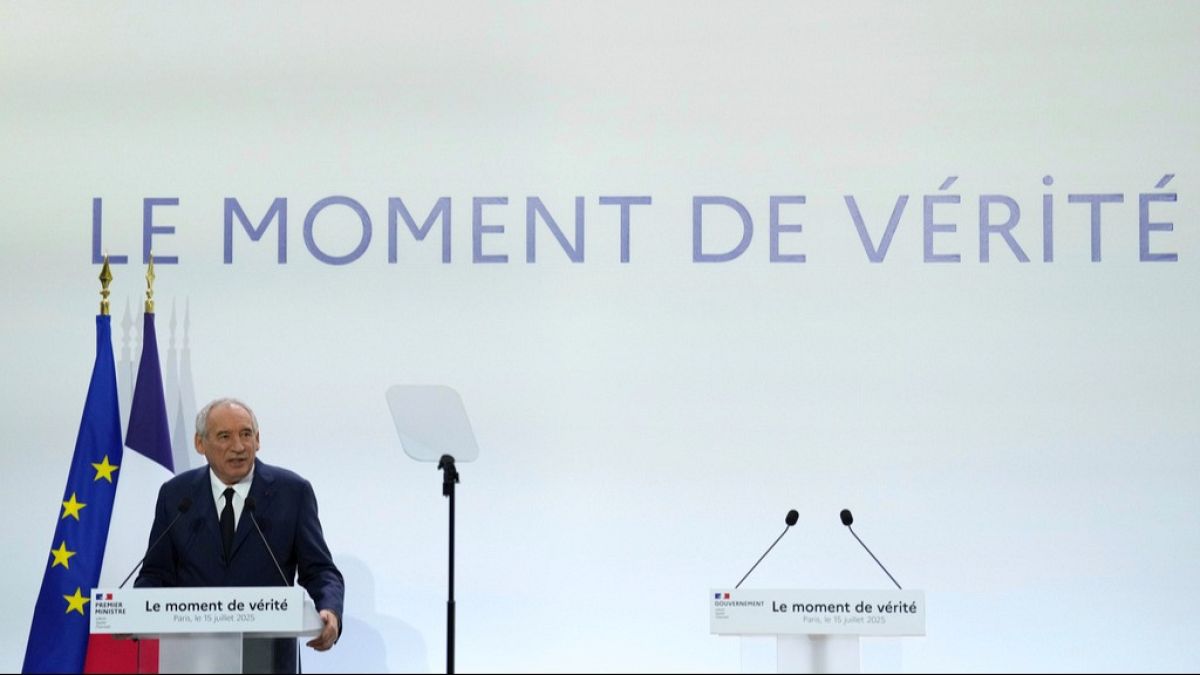T4K3.news
France proposes cutting public holidays
Prime Minister François Bayrou suggests removing two public holidays to boost economic productivity.

A proposal by France's prime minister to cut two public holidays has ignited debate about work culture in Europe.
France considers reducing public holidays to boost work output
France's Prime Minister François Bayrou has proposed the removal of two public holidays to improve economic productivity. Speaking at a press conference on July 15, he argued that eliminating days like Easter Monday, which he described as lacking significant religious value, could enhance overall activity. Bayrou believes this measure could generate around €44 billion in savings due to increased tax revenue. However, studies indicate only a slight boost of 0.06% in economic growth could result from this change. Currently, France has 11 public holidays, which places it in the middle of European country rankings, while Cyprus leads with 15 days. This proposal has raised questions about work-life balance, with many skeptics wondering if fewer holidays will truly help the struggling economy. Comparisons with other countries show varying approaches to public holidays, which can depend heavily on regional practices. In recent years, several European nations have similarly cut holidays for economic reasons, but such decisions have faced public backlash.
Key Takeaways
"Therefore, I propose that two public holidays be removed for the entire country."
This statement by Bayrou underscores the government's drive to enhance economic productivity.
"The proposal has sparked a debate about whether the French really work less than other Europeans."
This reflects the societal tension regarding work ethics across the continent.
"Most recently, Slovakia's government decided to stop giving 17 November as a day off."
This highlights that the issue of reducing public holidays is not unique to France; other countries have made similar considerations.
"This can yield some insight into whether his plan would pay off."
Here, the writer raises important questions about the effectiveness of similar past policies in Europe.
This proposal reflects a growing tension in European work culture regarding productivity and employee welfare. Many view such moves as necessary for economic revival, especially in the aftermath of the pandemic. However, cutting public holidays can spark strong public opinions, as seen in past instances in Portugal and Denmark, where government decisions to reduce holidays were met with resistance. It raises the broader question of how to balance work demands with the need for rest and personal time. While some economists may back the initiative for its potential economic benefits, many across the political spectrum in France view the proposal as a fundamental threat to the celebrated work-life balance of the French.
Highlights
- Would cutting holidays really boost the economy?
- The debate on work-life balance is more complicated than it appears.
- Reducing holidays may hurt more than help
- European countries vary widely in their approach to public holidays.
Risk of socioeconomic backlash
The proposal to cut public holidays in France may lead to significant public backlash and questions about employee rights and well-being.
As France navigates this contentious proposal, the balance between productivity and quality of life remains at the forefront of public discussion.
Enjoyed this? Let your friends know!
Related News

French PM seeks to eliminate two holidays for budget cuts

French PM proposes cutting public holidays

David Beckham chooses board shorts over tight pants on yacht trip

Kelly Brook delights with romantic Italian vacation photos

Potential bin strikes threaten Wrexham services

New biography reveals dark secrets of the Durrells

NASA announces major cuts in research grants for 2025

COVID-19 cases increase in California
